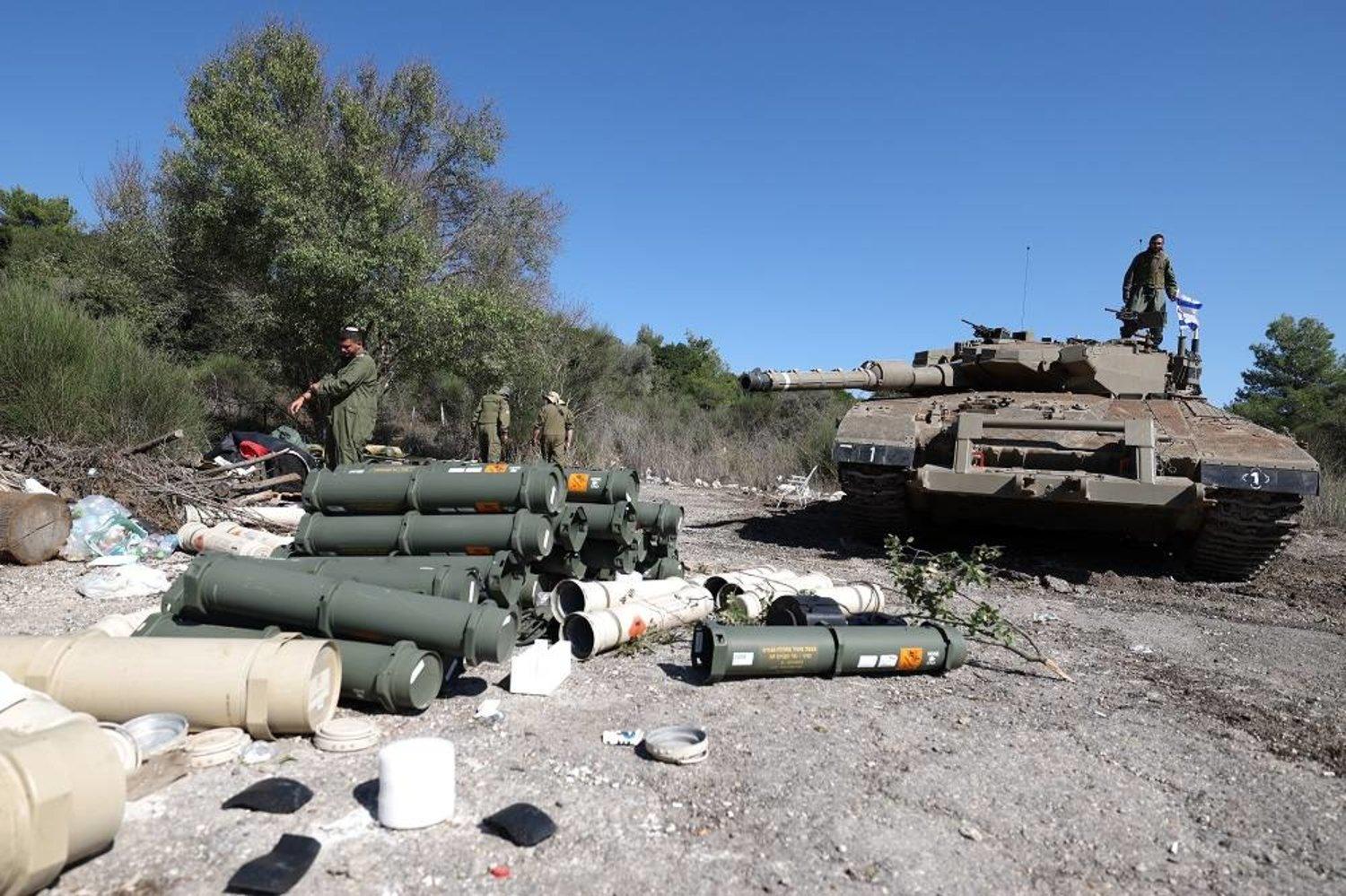Is the Israel – Hezbollah war in Lebanon real? All out war
In recent weeks, independent sources claimed that Israel is preparing to move its troops toward Southern Lebanese territories to fight Hezbollah. Undoubtedly, the reports boosted concerns in the United States, Lebanon, Iran, and other regional actors regarding the further implications of a new regional war.
The exchange of fire between Israel and Hezbollah that has been ongoing since the October 7 terrorist attack by Hamas dramatically escalated in the last two weeks, prompting some people inside the Israel Defence Forces and the Israeli Cabinet to call for significantly expanding the fighting against Hezbollah.
Indeed, the American administration is concerned that Israel is planning a ground incursion into Lebanon that could be launched in the late spring or early summer if diplomatic efforts fail to push Hezbollah back from the northern border with Israel. Since the armed escalation heightened, civilians have been evacuated from villages on both sides of the border. Israel has targeted Lebanese villages, while Hezbollah has targeted Israeli military installations with drones, guided missiles, and other weapons.
Nevertheless, the Israeli authorities did not make any official statement regarding the alleged incursion in the coming weeks, even though the worry in the West is acute enough as the reports about potential incursion made their way into intelligence reports. In recent weeks, Israel and Hezbollah launched more intensive fire exchange compared to earlier months, as a few days ago, Israel successfully killed one of the leading Hezbollah commanders, Taleb Sami Abdullah, the highest-ranking official killed since the October events. As a result, Hezbollah fired more than 200 rockets toward Israeli territories.
Simply put, as regional violence escalates, the long-simmering conflict between Israel and Lebanon is heading toward an unavoidable full-blown war. Much of the fighting between Hezbollah and Israel takes place along a border that has been contested since the creation of Israel. Consequently, the idea of incursion into Lebanon is not a new phenomenon as conservative members of the ruling Israeli government, namely the Minister of National Security Itamar Ben Gvir, suggested that Israel should invade Lebanon in order to destroy Hezbollah in its entirety.

However, Israel's main allies, like the US, France, and Germany, are not keen to support a new regional war with Lebanon, which is an economically and politically failed state, and a new war will only worsen the fragile situation. In Lebanon, four years of economic crisis have crippled public institutions, including its army and electrical grid, and eroded its health system.
Nevertheless, ultraconservative Israeli officials had demanded that Israel not shy away from launching a military takeover of southern Lebanon if Hezbollah did not withdraw from the border and promoted a plan reminiscent of Israel's security zone in southern Lebanon in the years following the First Lebanon War in 1982.
In contrast, in Israel, US officials state that the Biden administration remains incredibly concerned about the risk of escalation along the Israel-Lebanon border as it seeks Tel Aviv to choose the peaceful resolution to the conflict. Indeed, such a war could be the most destructive either side has ever experienced. Until now, Hezbollah leader Hassan Nasrallah hasn’t threatened to initiate war but warned of a fight “without limits” if Israel does.
Considering the current regional power dynamics and rising threats to regional security, it is unlikely that Israel is looking for a prolonged full-scale war amid increasing international pressure and condemnation. Therefore, an incursion would likely result in severe international condemnation and strained relations with key allies, particularly the United States, which would complicate support. Despite such risks, Israel is not confident that Hezbollah will stop attacking it and withdraw its support from Hamas amid the ongoing Gaza War.
On the other hand, Hezbollah is also unlikely to take a step back to de-escalate the situation due to the Shi'a community's pressure in the region. Nevertheless, Hezbollah does not want a grey situation on the Lebanese border, and it does not want a situation in which no agreement is reached.








